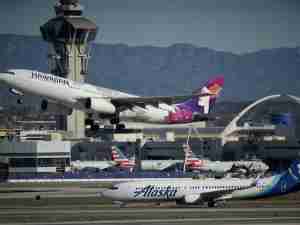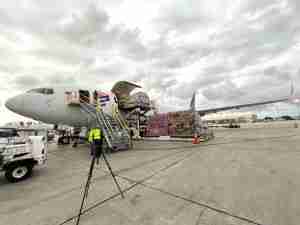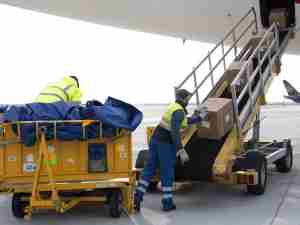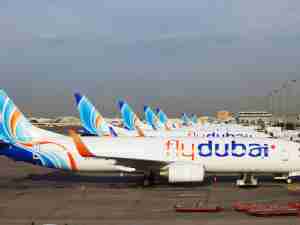Turkish Air Saves $800 Million on Fuel, Pushing Profit to Record
By: | Mar 01 2016 at 05:26 AM | Air Cargo
Profit at Turkey’s national airline surged last year as lower fuel costs compensated for geopolitical risks and security concerns.
Turkish Airlines’ net income rose to a record $1.1 billion last year from $832 million in 2014, the company said in a statement to the Borsa Istanbul late on Monday. That beat expectations of all 22 analysts in a Bloomberg survey and was 41 percent higher than their mean estimate of $779 million.
A slump in Brent crude pricesand a weaker lira helped cut operational costs even as war in neighboring Iraq and Syria, renewed violence with Kurdish militants at home, and terror attacks in Istanbul and Ankara put pressure on direct traffic to Turkey. That was compounded by Turkey’s downing of a Russian jet near the Syrian border in November, soon after the airline became the biggest foreign carrier serving Russia.
While the better-than-expected earnings report is “an encouraging development for 2016,” the shares’ underperformance since last year shows investors have “taken a cautious stance toward the stock,” according to Omer Lutfu Omerbas at Ak Investment in Istanbul. “For a sustained uptrend in the long term, the market will likely keep an eye on the developments on the geopolitical front.”
Transit Hub
Shares of Turk Hava Yollari AO, as the company is officially known, advanced 2.7 percent to 7.52 liras at 10:20 a.m. in Istanbul on Tuesday, headed for the highest level this year. The shares have dropped 18 percent over the past 12 months, compared with a 10 percent retreat on the Borsa Istanbul 100 index.
Profit in 2015 was boosted by a fuel bill that was about $800 million lower than in 2014, according to an investor presentation on the Turkish Airlines website. That brought its total expenditure on fuel to about $3 billion, it said.
The lira depreciated 20 percent last year amid political uncertainty surrounding two Turkish elections, concerns over global growth and the first interest rate increase in almost a decade in the U.S. Turkish Air started pricing international ticket sales, which originate in Turkey and constitute about 15 percent of total revenue, in dollars and euros in May.
Turkish Airlines flies to 235 international destinations, more than any other airline worldwide. That network helped it compensate for losses in tourism to Turkey, with transit passengers making up for cancellations from Europe, Russia and Asia, according to the investor presentation. Foreign tourist arrivals fell for a sixth consecutive month in January, the longest streak of declines since records began, according to official data released on Monday.












